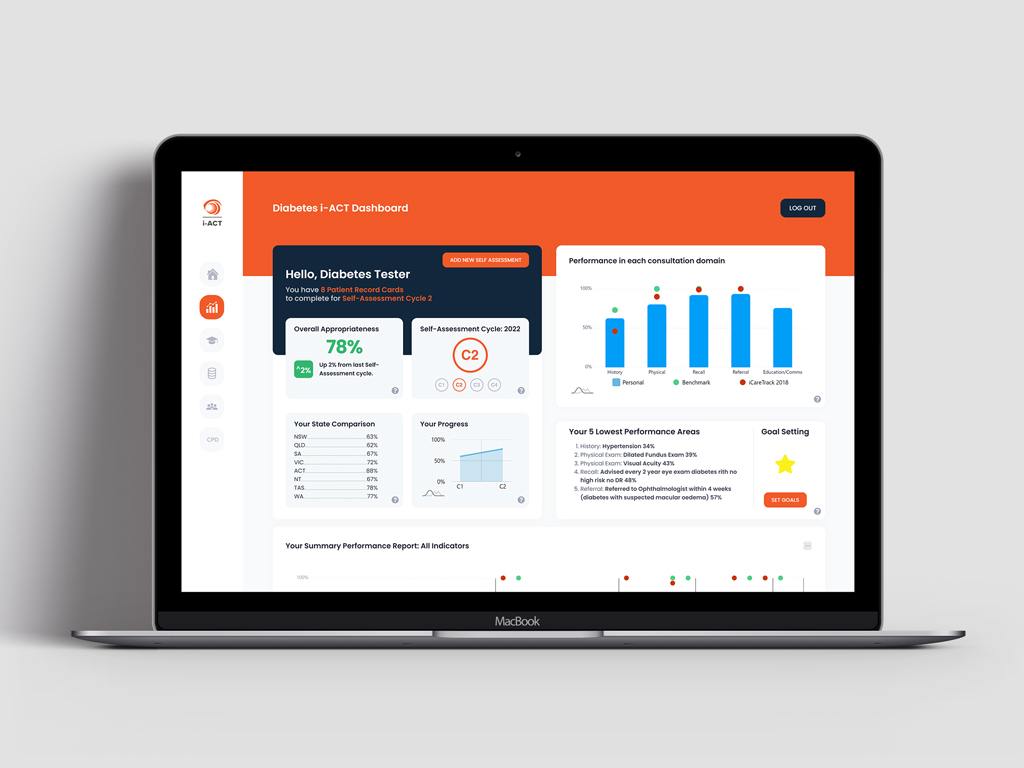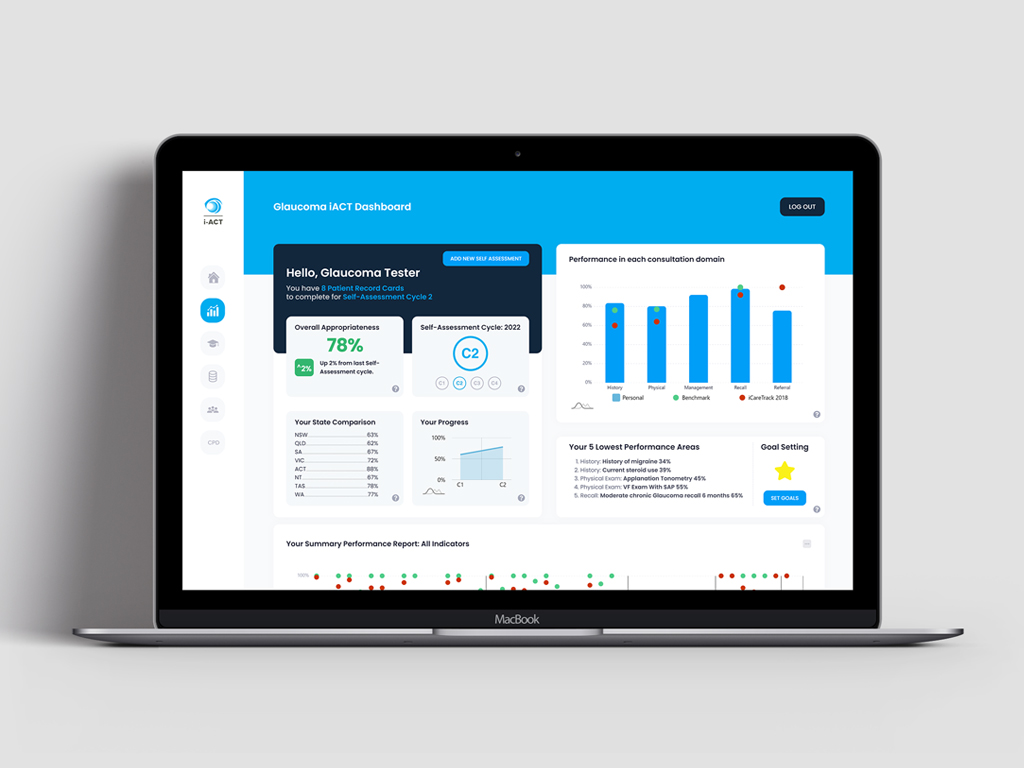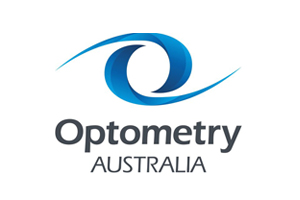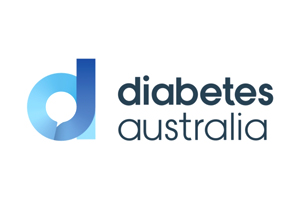Optimising Eyecare by Supporting Optometrists
About the Program
The iCareTrack website and i-ACT (iCareTrack Assessment of appropriateness Clinical practice) Tool is an educational program aimed at helping optometrists deliver appropriate eyecare to their patients. This educational program was developed using a theory-based approach that targeted barriers and enablers of eyecare delivery combined with co-design with optometrists, patients and stakeholders.
The target users of the program are Australian optometrists, although the resources could be of use to other eyecare professionals as well. Currently, the program includes two modules: Glaucoma and Diabetic eyecare. However, other eye conditions commonly encountered in optometry practices such as Age-related macular degeneration, dry eye and cataract will also be added in near future.
Read more about the project.

Our Team
Our multidisciplinary iCareTrack research team is based in the School of Optometry and Vision Sciences, Faculty of Health and Medicine at UNSW Sydney. The research team is led by Associate Professor Isabell Jalbert, an internationally acknowledged optometrist and a leader in optometric education and evidence-based practice.
Learn More >Diabetic Eyecare
Focusing on self-assessment and reflective practice, the Diabetic eyecare i-ACT is an educational program that aims to support optometrists in their continuous professional development and quality improvement efforts. The i-ACT tool enables optometrists to benchmark their current diabetic eyecare delivery and identify areas of opportunity for growth and development. The program also includes curated clinical resources, education activities and peer support.


Glaucoma
The Glaucoma i-ACT is an educational program developed as a resource for optometrists who are interested in benchmarking their current glaucoma care delivery and identifying areas of opportunity for growth and development. Program activities include self-assessment, reflective practice, webinars and more.
We collaborate with key stakeholders involved in eyecare delivery in Australia including Optometry Australia and Diabetes Australia.
The program is supported in part by Diabetes Australia Research Program Grant Y21G-JALI.


